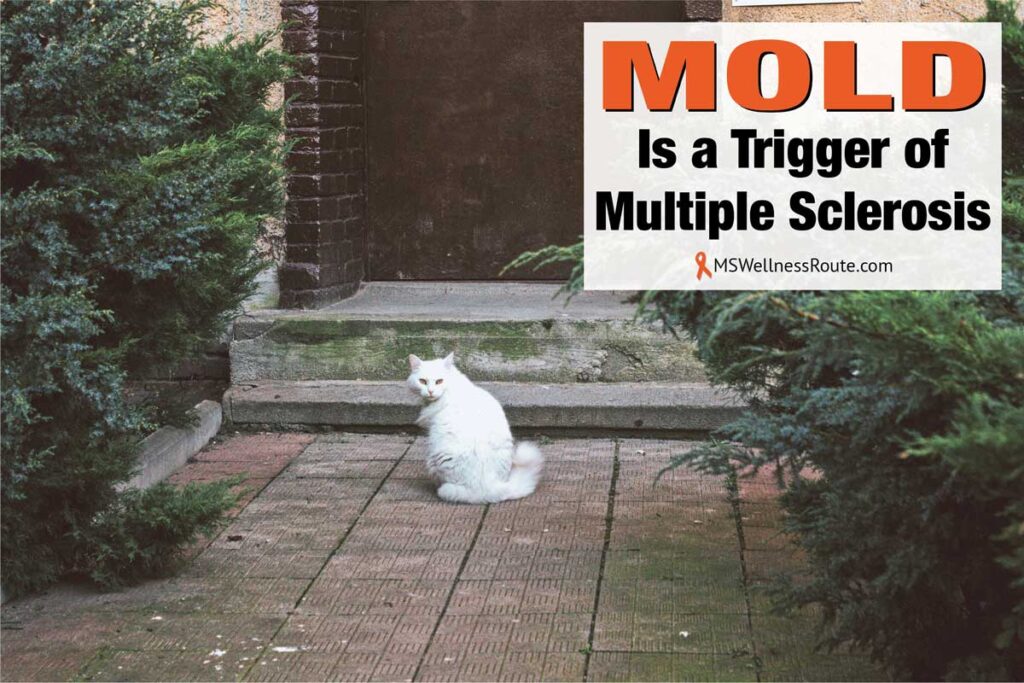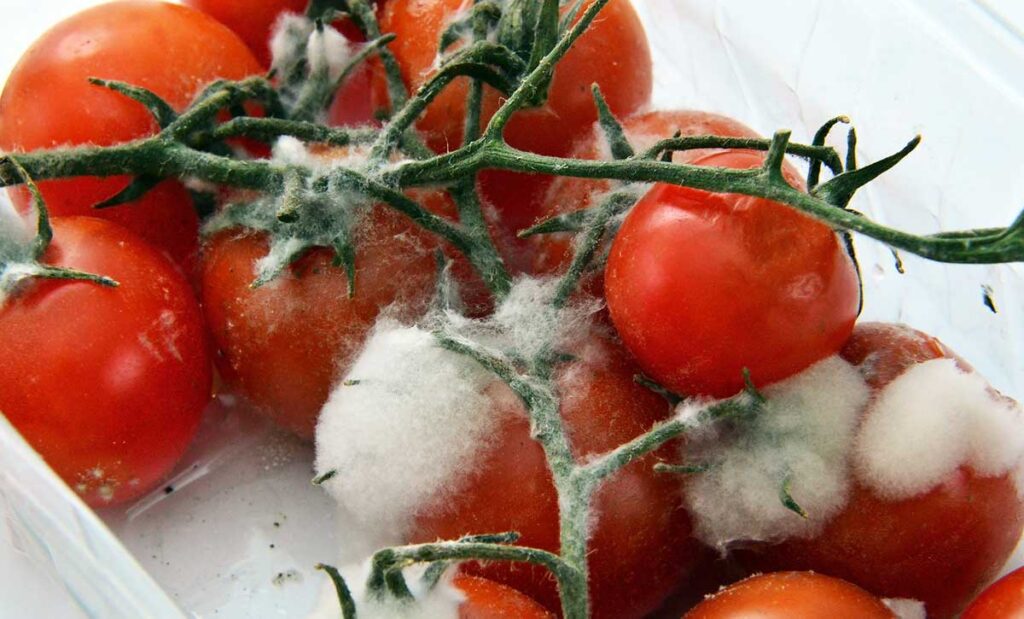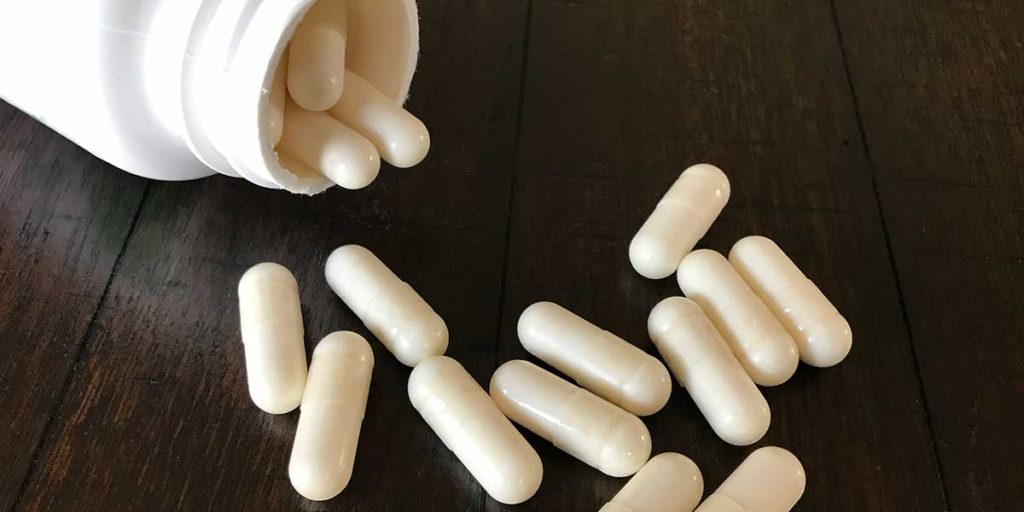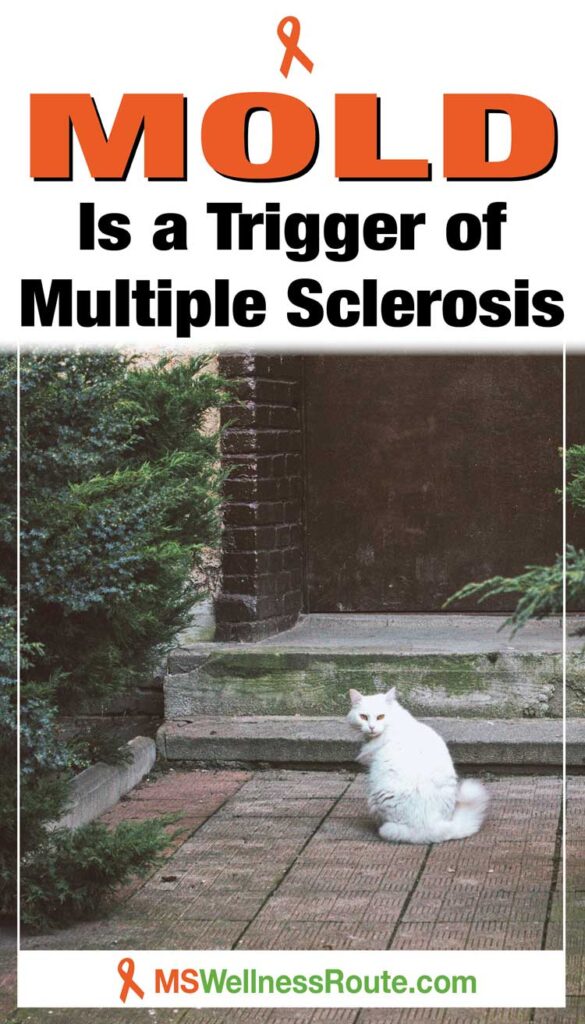Last Updated on November 14, 2023 by Cathy

Doctors believe multiple sclerosis (MS) is an autoimmune disease. However, a 20-year study stated Epstein-Barr virus (EBV) is the main cause of MS. Which means MS is the result of a viral infection.
However, most adults worldwide have EBV but only a small percentage have MS. This proves EBV is not the only factor other factors are also involved. Including other viruses or bacterial infections, heavy metals, and stress. Virtually every neurological disease is somehow associated with mycotoxins exposure. This includes autism, Alzheimer’s disease, Parkinson’s disease, and multiple sclerosis.
“We propose here that fungal toxins are the underlying cause of multiple sclerosis and thus may offer an avenue towards an effective cure.” – PubMed
Mycotoxins are chemicals made by fungi (mold). It alters the normal activity of the nervous system. Mycotoxins are not only found in water-damaged buildings it is also found in food. Some foods have higher levels of mycotoxins.
Foods high in mycotoxins include:
- Alcohol
- Cheese
- Coffee beans
- Dried fruit
- Fermented foods
- Leftover foods
- Grains
- Peanuts
- Pistachios
- Processed meats (e.g. salami, sausages)
You may also be interested in: Are Mycotoxins Holding You Back From Healing?
Mold and MS

There are different varieties of mold and some are very toxic. Only some people react to mold the same way. A family of five can live in a moldy house and only one person gets sick. That’s because their immune system is already compromised before mold exposure.
This means, for people with MS mold is a trigger.
Not that mold causes MS because it doesn’t. MS is the result of a viral infection caused by EBV. Mold lowers your immune system and when you have MS, it takes its toll. Mold makes you more susceptible to the viruses and bacteria already living in your body. As the mold from the air, food, and water enter your body it becomes a neurotoxin.
“People, especially those with weakened immune systems, can develop invasive mold infections days to weeks after exposure to fungi that live in the environment.” – Centers for Disease Control
Long-term exposure to mold is detrimental. When your immune system is down mold manifests itself with neurologic symptoms. Prolonged exposure makes it harder for your body to get rid of the toxins mold is releasing.
Mold symptoms such as:
- Anxiety
- Balance issues
- Brain fog
- Chronic fatigue
- Depression
- Dizziness
- Insomnia
- Numbness
- Pain
- Tingling
“Neurotoxicity is clearly associated with mycotoxins and other chemicals produced by mold.” – National Library of Medicine
Removing Mold

If you have a huge mold problem in your home then you need to hire a professional and have it cleaned up. But for everyday mold found around your house or in your food, mold is very common. You don’t need to get rid of every tiny spec of mildew around your home. Instead, clean up the environment inside your body. By eating clean, whole foods you can build up your immune system so your body doesn’t react to mold.
Control mold growth inside your home by:
- Cleaning and drying after flooding
- Controlling humidity levels
- Fixing leaky roofs, pipes, and windows
- Ventilating rooms such as bathrooms, kitchen, and laundry areas
An air filter that removes mycotoxins is also helpful. I own an AirDoctor. It helps remove allergens, dog dander, mycotoxins, and other volatile organic chemicals like formaldehyde.
Eat foods such as:
- Vegetables like leafy greens are beneficial for your central nervous system.
- Fruits such as citrus fruits are high in vitamin C and improve your immune system.
- Foods high in fiber bind onto mycotoxins and help move them out of the body.
- Herbs such as rosemary and sage are antibacterial, antiviral, and antifungal.
Supplements for Mold Exposure

Mold is common and you can’t completely avoid it. Your best option is to strengthen your immune system by eating healthily. Eat lots of vegetables, fruits, and herbs.
Avoid gluten, dairy, legumes, processed foods, and any food item that isn’t natural. If it doesn’t rot, don’t eat it. Some supplements can help improve your immune system such as vitamin B12 and vitamin C.
Vitamin C is an anti-inflammatory. It boosts the immune system against bacteria, viruses, and mold. It’s also an antioxidant that protects the brain and spinal cord from free-radical damage. It helps restore the central nervous system from neurotoxin damage.
Dosages of vitamin C for people with MS need to be higher than for the average person. High doses of vitamin C kill EBV. It’s best to start with a lower dose and work your way up. Too much vitamin C can cause diarrhea in some people.
Start by taking 1,000 milligrams (1 gram) each day. Then slowly work your way up to 3,000 milligrams (3 grams) daily.
Vitamin C supplements I recommend:
- Micro-C by Vimergy
- Vitamin C with Rose Hips & Acerola by Solaray
“Research results showed that vitamin C had a significant effect on fungal growth reduction and toxin production. “ – National Library of Medicine
Vitamin B12 helps maintain the myelin sheath which protects the nerves. Some studies found people with MS are often deficient in vitamin B12. Symptoms of a vitamin B12 are like symptoms of MS such as:
- Brain fog
- Fatigue
- Numbness
- Tingling
- Weakness
Vitamin B12 supplements I recommend:
- Vitamin B12 by Thorne
- Vitamin B12 by Vimergy
“A majority of patients with neurological disorders with chronic exposures to toxigenic molds and mycotoxins has vitamin B12 deficiency that is unrelated to dietary insufficiency.” – PubMed
Mold is a Trigger of MS
Mold is a trigger to MS but it does not cause MS. Instead, it lowers your immune system allowing bacteria and viruses to grow. EBV is the main cause of MS but it is not the only factor.
Other possible infections include:
- Candida
- Cytomegalovirus
- H. pylori bacteria
- Herpes simplex HSV-1, HSV-2, and/or HSV-6
- Streptococcus bacteria
You can’t always control your environment but there are things you can do to fight mold exposure. Eating a diet high in vegetables, fruit, and herbs to support your immune system is your first step.

Free Wellness Library!
Subscribe for free and I’ll send you the password to my secret library filled with many printables for your wellness journey.
Want to remember this health tip? Pin it to your Pinterest board!

Resources:
https://pubmed.ncbi.nlm.nih.gov/17982599/
https://www.ncbi.nlm.nih.gov/pmc/articles/PMC4982651/
https://pubmed.ncbi.nlm.nih.gov/36046943/
https://pubmed.ncbi.nlm.nih.gov/20556470/
https://pubmed.ncbi.nlm.nih.gov/18049437/
https://pubmed.ncbi.nlm.nih.gov/25500015/
Mold is a Trigger of MS





